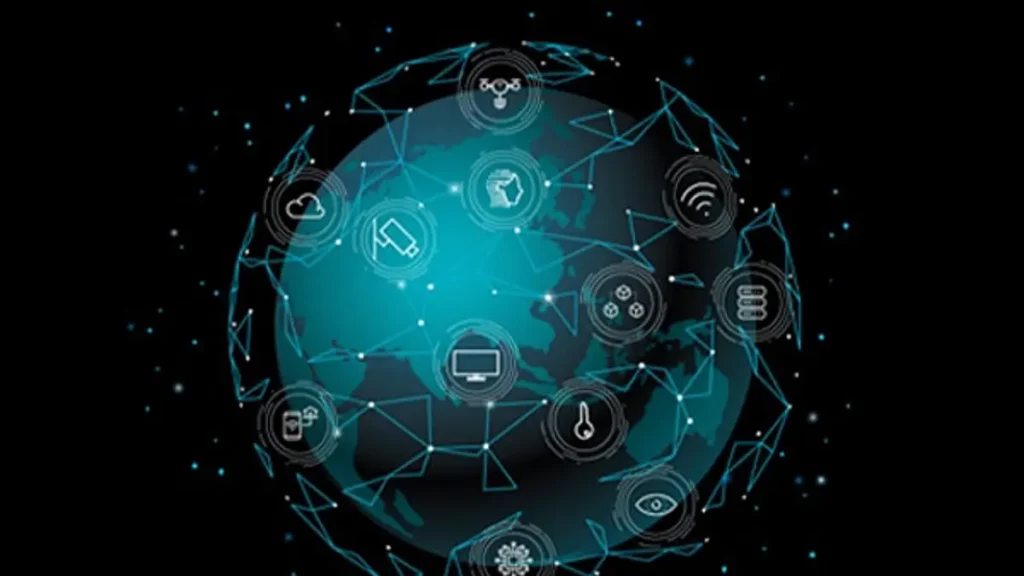Oxford 4IR Technology - Ethics and Governance
The Fourth Industrial Revolution (4IR) is redefining how technology integrates digital, physical, and biological systems, creating unprecedented opportunities and challenges. The Oxford 4IR Technology – Ethics and Governance module focuses on the critical ethical and governance issues emerging alongside these powerful technologies. You’ll explore how to responsibly manage risks, ensure fairness, and build trust in AI, robotics, biotechnology, and other cutting-edge innovations, balancing progress with societal values.

You’ll Learn in 4IR Technology
- Understanding 4IR Technologies
- Overview of key technologies driving 4IR: AI, IoT, robotics, gene editing, and more.
- How these technologies converge to create complex, interconnected systems.
This foundation is central to Oxford 4IR Technology – Ethics and Governance, helping participants grasp the technological context of ethical challenges.
- Ethical Challenges in 4IR
- Addressing concerns such as privacy, bias, transparency, and accountability.
- Understanding the impact of automation on jobs, inequality, and human dignity.
- Navigating dual-use dilemmas where technologies can benefit or harm society.
Ethical awareness is a core component of Oxford 4IR Technology – Ethics and Governance, guiding responsible innovation.
- Governance Frameworks
- Designing policies, regulations, and standards to guide responsible technology use.
- The role of governments, organisations, and international bodies in setting ethical norms.
- Balancing innovation with precaution to avoid stifling progress.
4IR Technology — Ethics and Governance emphasizes practical governance frameworks to ensure technology benefits society.
- Building Trustworthy AI and Systems
- Principles for developing AI that is explainable, fair, and reliable.
- Strategies for stakeholder engagement and public dialogue to increase transparency.
Building trustworthy systems is a key outcome of 4IR Technology — Ethics and Governance, ensuring public trust in innovation.
- Global Perspectives and Case Studies
- Examining how different cultures and countries approach ethics and governance in 4IR.
- Lessons from real-world incidents involving ethical lapses or governance failures.
International examples are used throughout 4IR Technology — Ethics and Governance to provide actionable insights.
Key Topics Covered
- Core technologies and their societal implications
- Ethical frameworks for emerging technologies
- Governance models and regulatory approaches
- Responsible innovation and risk management
- International cooperation and standards setting
All topics are explored through the lens of 4IR Technology — Ethics and Governance, ensuring participants gain a holistic understanding of emerging ethical and governance issues.
Why This 4IR Technology Matters
As 4IR technologies reshape our world, ethical missteps or weak governance can have profound consequences — from loss of public trust to systemic harms. The 4IR Technology — Ethics and Governance module prepares you to navigate these complexities thoughtfully, ensuring that innovation benefits society while minimizing risks.
You’ll gain the mindset and tools to lead ethical technology deployment that aligns with your organisation’s values and societal expectations.
Practical Outcome
By the end of Module 10, you will:
- Understand the ethical dilemmas posed by 4IR technologies.
- Identify governance challenges and design effective oversight mechanisms.
- Advocate for responsible AI and technology practices within your organisation.
- Engage diverse stakeholders in shaping trustworthy innovation policies.
This prepares you to implement the principles of 4IR Technology — Ethics and Governance in real-world business and policy contexts.
